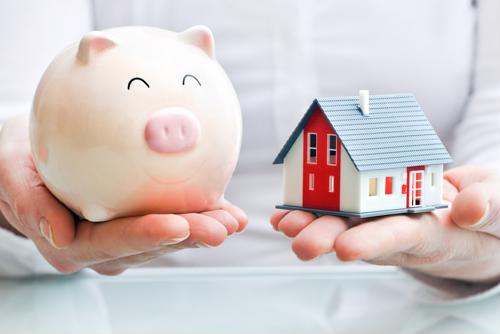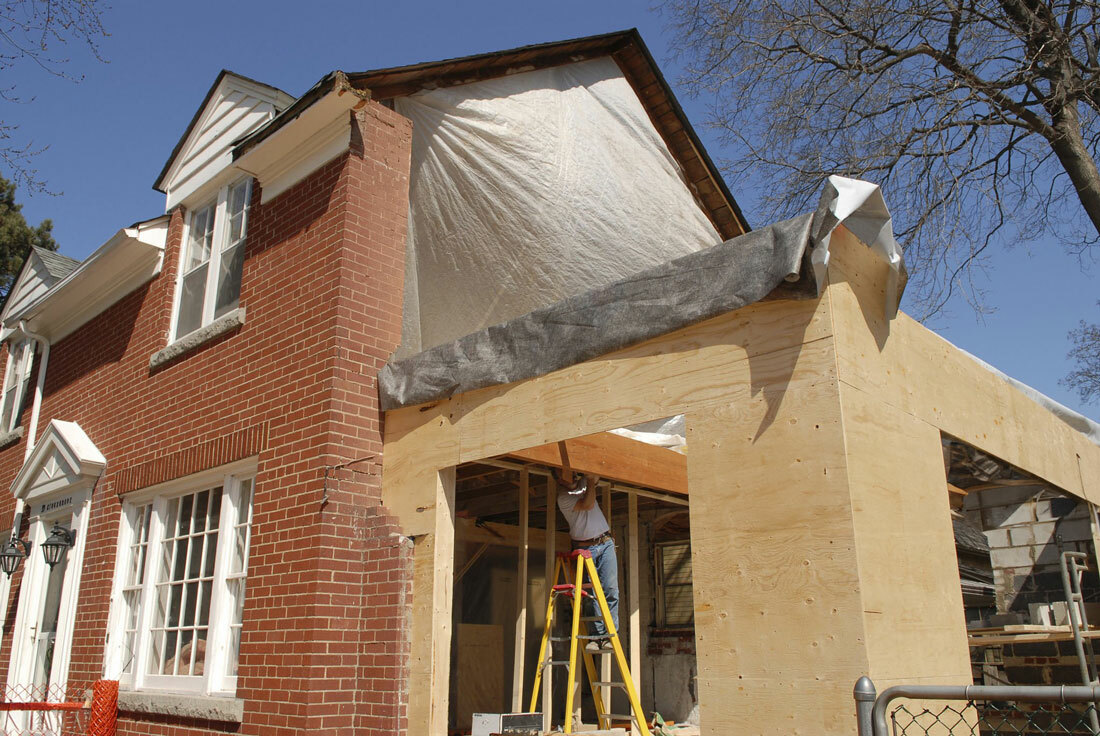
Refinancing is an option many homeowners consider once they're well into paying off a mortgage. By refinancing, homeowners can benefit from more favorable rates or terms, or choose to tap their home equity for cash.
The question of whether to pursue a rate-and-term refinance or a cash-out refinance is one many homeowners must address. Each has different advantages, but the allure of transforming home equity into a cash sum is hard to pass up for many.
Here's what you need to know about cash-out refinances, the pros and cons, and if this style of refinance is right for you.
What is a cash-out refinance?
First, a broader definition: Refinancing is the process of taking out a new mortgage that pays for and closes out your previous home loan. This new mortgage replaces the old one entirely. A homeowner might want to refinance because their credit score may have improved from when they first took out the loan, or the lender sees the borrower as less of a risk after years of steady monthly payments.
A cash-out refinance differs in one crucial area from the rate-and-term refinance:
- A rate-and-term refinance replaces the old mortgage with a new one of the same value but offers a better interest rate or different term length to accommodate homeowner financial goals.
- A cash-out refinance is a new home loan taken out at a higher value than the existing mortgage. The borrower is paid from the difference between the new loan amount and the home value.
However, it's important to remember that lenders typically don't make 100% of that value available. If you have a home worth $250,000 and still have $100,000 on the original mortgage, you may be able to access up to 80% of the $150,000 in home equity you've built through a cash-out refinance.
Pros of the cash-out refinance
The clear attraction of a cash-out refinance is, of course, the cash amount you receive as part of the transaction. While there's no such thing as truly free money — a refinanced mortgage is a loan that has to be paid back, while closing costs and interest rates will still apply — a cash-out refinance is a great way for homeowners to better manage their personal finances and liquidity thanks to an influx of cash. Used responsibly, this cash amount can help homeowners accomplish various things, like:
Making home improvements: Home upgrades or renovations are a wise use of cash. Such projects can improve the livability of your home and add amenities, which in turn can increase your home's value. If you plan to sell, you may be able to recoup costs when that time comes. Or, you can just enjoy the convenience of additional bathrooms, an expanded garage or new master suite. Plus, when you use cash-out refinance money to improve your home, it's possible you can save on taxes through the mortgage interest deduction. Consult your tax advisor for more details.
Paying down high-interest debts: It's important to get a sturdy handle over high-interest debts. The longer they exist, the more interest you pay. If you have the means to committing a sizable payment, you can reduce your debts or wipe them out. Before making any personal splurges with the cash from a refinance, consider how it could be applied to paying down debts.
Savings for college or retirement: Circulating that cash back into savings is another beneficial strategy. Putting some of your amount toward education or retirement not only increases your savings but also puts that money to work. In the right interest-bearing account, your cash can grow and help fund college for a child or a move to warmer climates in retirement.
You may be able to benefit from other favorable conditions or alterations to the new mortgage loan, but those opportunities will vary from lender to lender.
What else is there to know?
While the cash-out refinance is a popular option, it is not always the right refinance choice. It requires a careful consideration of your current personal finances and future goals, alongside the specifics of your mortgage and desired refinance. A couple things to know about the cash-out refinance is that:
- You might have a higher interest rate: While a rate-and-term refinance typically lowers the interest rate on a loan, a cash-out refinance may instead raise the rate you see. Each consumer will have a different experience, but each may need to weigh the costs and benefits if their rate is increased.
- Closing costs are still in the mix: Refinancing means taking out a new mortgage to close the old one. That repetition of the process means new closing costs and other fees to account for. A common pitfall is thinking those costs no longer apply.
- Risk of foreclosure might increase: You will need to repay the whole refinanced amount when the loan's term ends. If you took out more cash than you needed, it could present repayment problems. Always be sure to calculate exactly what you need, like the cost of targeted home improvements.
Want to learn more about cash-out refinances and your options? Contact The Federal Savings Bank today. Terms and conditions may vary. Subject to underwriting approval.
This information is intended for educational purposes only. Products and interest rates subject to change without notice. Loan products are subject to credit approval and include terms and conditions, fees and other costs. Terms and conditions may apply. Property insurance is required on all loans secured by property. VA loan products are subject to VA eligibility requirements. Adjustable Rate Mortgage (ARM) interest rates and monthly payment are subject to adjustment. Upon submission of a full application, a mortgage banker will review and provide you with the terms, conditions, disclosures, and additional details on the interest rates that apply to you individual situation.


